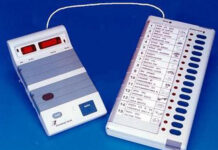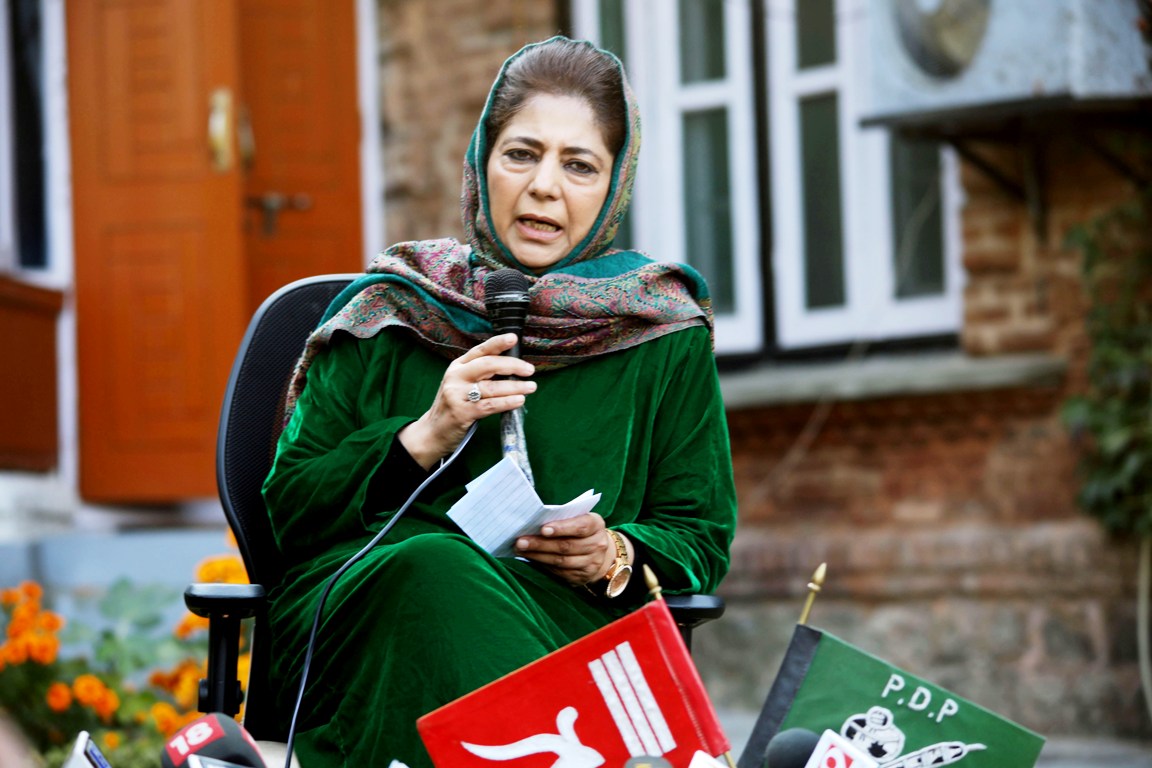KL Report
SRINAGAR
Jama’at-e-Islami J&K Monday welcomed the High Court ruling which stated that the authority to interpret the Quran and the Sunnah is the domain of highly knowledgeable scholars and jurists of Islam and the courts should follow the explanations and expositions provided by these scholars and jurists.
“The judgment lays down sound guidelines for the Muslim community in J&K and as such is a landmark judicial verdict for which the learned judge is in all respects appreciable,” Zahid Ali, spokesperson of JeI said in a statement.
“This judgment has settled down so many misgivings about the application of the Muslim Personal Law and the lower courts will have no hesitation in implementing the purest form of Shariah in the matters enumerated in the Muslim Personal Law (Shariat) Application Act 2007,” the statement read.
Pertinently, in a landmark judgment Jammu and Kashmir High Court had ruled that courts cannot interpret the Quranic verses or precepts of the Prophet Muhammad (SAW) to lay down rules of Shariah. Justice Ali Muhammad Magray passed the judgment on an appeal by the petitioner against a Session’s Court order after referring to various Supreme Court judgments and judgments of various High Courts including J&K High Court.
“It has been explained by the learned judge that the authority to interpret the Quran and the Sunnah is the domain of highly knowledgeable scholars and jurists of Islam and the courts should follow the explanations and expositions provided by these scholars and jurists,” the statement said.
“The learned judge has rightly pointed out that the Muslim Personal Law in vogue in J&K is not in the form of any legislative enactment but whatever the Shariah in its purest form says is to be applied by the courts,” the statement said. “The state legislature while passing the J&K Muslim Personal Law (Shariat) Application Act 2007 has not enacted any law concerning any of the subjects enumerated therein as effective and valid. Whatever the generally accepted authentic books of the different Schools of Thought contain is to be applied by the courts.”
So far as interpreting the Quran is concerned, the statement read, deep knowledge of the Sunnah and the practices of the companions of the holy Prophet (SAW) is needed in addition to the history of revelation and the courts should not interfere in these matters but follow the well-known jurists of Islam and established schools of thought in vogue in the Muslim community throughout the world.















